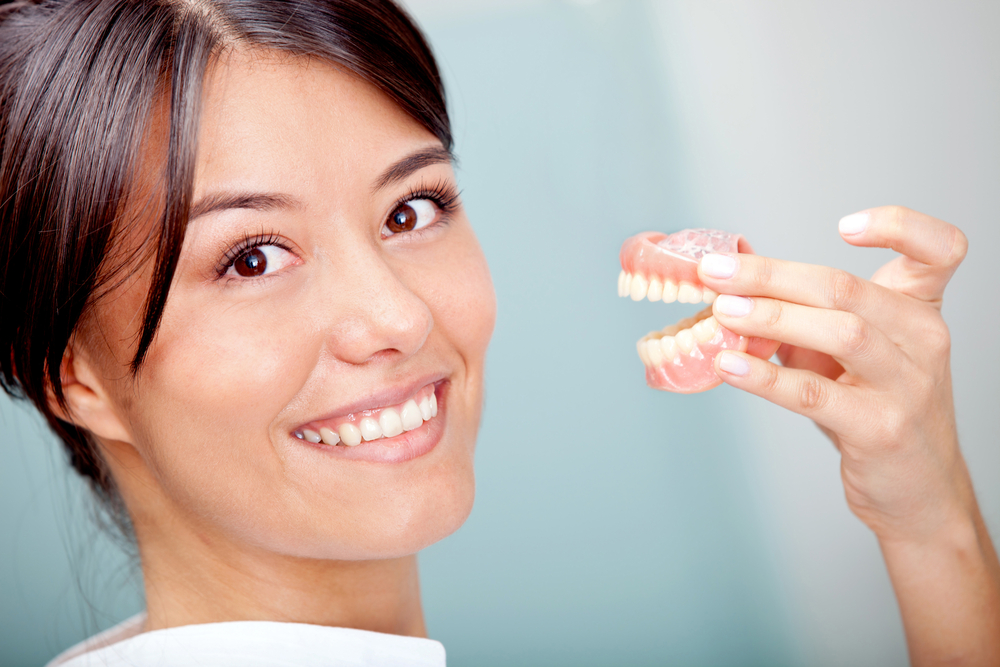Exploring the Different Types of Dentures with Hillview Dental in Ventura, CA. Which One is Right for You?
Discover the various types of dentures available and find the perfect solution for your needs.
Understanding Dentures: A Comprehensive Guide
Dentures are removable prosthetic devices that are used to replace missing teeth. They are designed to mimic the appearance and function of natural teeth, allowing individuals with missing teeth to regain their ability to eat, speak, and smile with confidence. Dentures can be a great solution for those who have lost their teeth due to age, decay, or injury.
There are several different types of dentures available, each with its own unique benefits and considerations. Understanding the different options can help you make an informed decision about which type of denture is right for you.
In this comprehensive guide, we will explore the different types of dentures and discuss their advantages, disadvantages, and suitability for different individuals. Whether you are missing a few teeth or a full arch, there is a denture option that can help restore your smile and improve your quality of life.
Traditional Dentures: The Classic Option
Traditional dentures, also known as conventional dentures, are the most common and well-known type of denture. They are made of a gum-colored acrylic base that supports a full set of artificial teeth. Traditional dentures are custom-made to fit your mouth and are held in place by suction and the natural contours of your jaw.
While traditional dentures are a reliable and affordable option, they do have some limitations. They may require adhesive to improve stability, and some individuals may experience difficulty with speech or eating certain foods. However, with proper care and regular visits to your dentist, traditional dentures can provide a natural-looking and functional replacement for missing teeth.
Partial Dentures: Filling in the Gaps
Partial dentures are designed to replace one or more missing teeth while preserving the remaining natural teeth. They consist of a metal or acrylic framework with artificial teeth attached to fill in the gaps. Partial dentures are held in place by clasps that attach to the adjacent natural teeth.
Partial dentures offer a removable and cost-effective solution for individuals who are missing some teeth but still have healthy teeth remaining. They can improve chewing ability, prevent neighboring teeth from shifting, and enhance the appearance of your smile. It's important to maintain good oral hygiene and regular dental check-ups to ensure the longevity and proper function of your partial dentures.
Implant-Supported Dentures: Enhanced Stability and Comfort
Implant-supported dentures provide a secure and stable solution for individuals who have lost all or most of their teeth. These dentures are anchored to dental implants that are surgically placed in the jawbone, providing a strong foundation for the denture to attach to.
Implant-supported dentures offer numerous advantages over traditional dentures. They provide enhanced stability, preventing slippage or movement while eating or speaking. They also offer improved comfort, as they do not rest directly on the gums. Additionally, implant-supported dentures can help preserve the jawbone and prevent bone loss that can occur with traditional dentures.
While implant-supported dentures require a surgical procedure and a longer treatment timeline compared to other denture options, many individuals find that the benefits outweigh the initial investment. Consult with your dentist to determine if you are a good candidate for implant-supported dentures.
Flexible Dentures: A More Natural Fit
Flexible dentures, also known as flexible partial dentures, are a popular alternative to traditional partial dentures. They are made of a flexible thermoplastic material that blends seamlessly with the natural color of your gums and provides a more comfortable fit.
Flexible dentures offer several advantages over traditional partial dentures. They are lightweight, durable, and resistant to breakage. The flexibility of the material allows for a snug fit that adapts to the natural contours of your mouth, minimizing the risk of irritation or sore spots. Additionally, flexible dentures do not require metal clasps, making them a more aesthetically pleasing option.
If you are considering flexible dentures, it is important to consult with your dentist to determine if they are suitable for your specific dental needs. Your dentist can assess the health of your remaining teeth and gums and recommend the most appropriate treatment option for you.
Snap-On Dentures: Convenient and Removable
Snap-on dentures, also known as overdentures, are a removable denture option that provides added stability and retention compared to traditional dentures. They are designed to attach to dental implants or remaining natural teeth using snaps or other attachments.
Snap-on dentures offer several benefits for individuals who require dentures but desire a more secure fit. They provide improved stability, reducing the risk of slippage or movement while eating or speaking. They can also help preserve the jawbone and prevent bone loss that can occur with traditional dentures. Additionally, snap-on dentures are removable, allowing for easier cleaning and maintenance.
To determine if snap-on dentures are a suitable option for you, it is important to consult with your dentist. They can assess your oral health, discuss the treatment process, and help you make an informed decision about whether snap-on dentures are the right choice for your needs.


